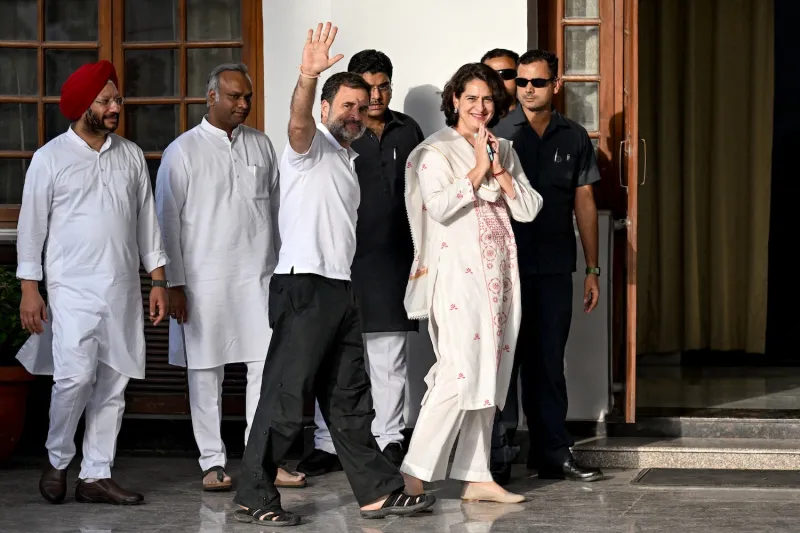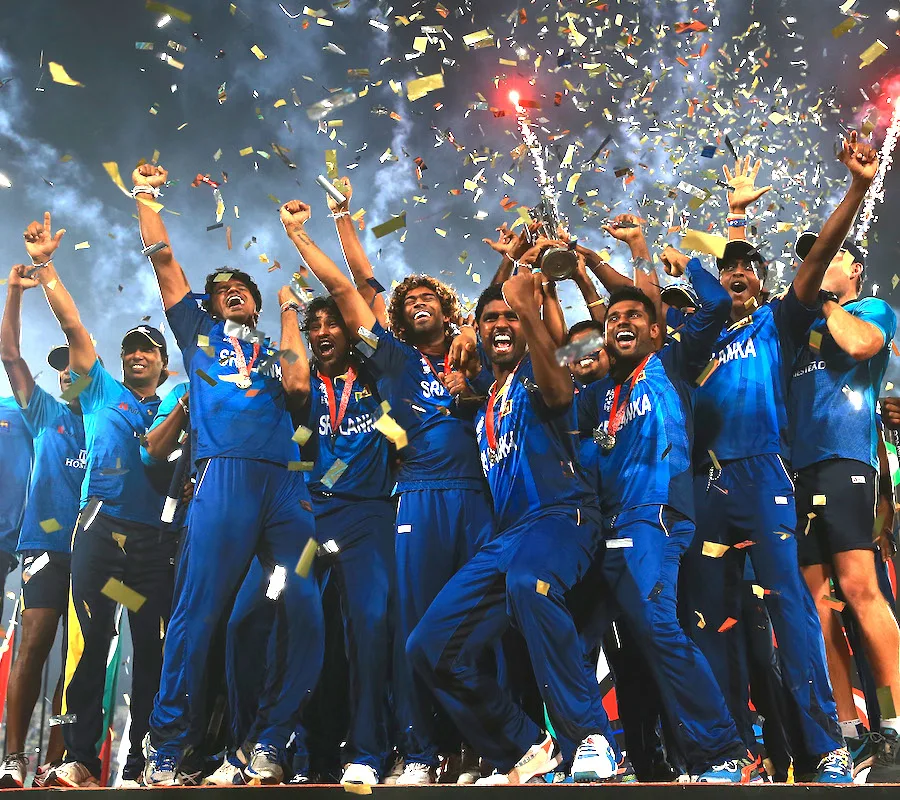
Rahul Gandhi’s recent speech in the United States has gained significant attention for its sharp criticism of the ruling BJP-RSS coalition and Prime Minister Narendra Modi. Delivered at a crucial time, ahead of upcoming elections, his speech has sparked debate on whether it strengthens the Congress party’s political stance or represents a strategic risk.
Overview of the Speech
In his speech, Gandhi touched upon various key issues, highlighting the shortcomings of the current government under Modi’s leadership. He emphasized the ideological divide between the Congress and the BJP-RSS, positioning himself as a staunch opponent of their vision for India. His speech appeared to aim not only at rallying his political base but also at addressing international observers about the situation in India.
Key Criticisms of the BJP-RSS
Gandhi’s critique of the BJP-RSS was sharp and direct. He accused the ruling party of promoting a divisive and authoritarian agenda, stating that the BJP-RSS is systematically dismantling India’s democratic institutions. According to Gandhi, the current government’s centralized power structure is leading to an erosion of democracy and a weakening of pluralism in the country.
Leadership Under Modi
Another focal point of Gandhi’s speech was his critique of Narendra Modi’s leadership. He accused Modi of being out of touch with the needs of the common people and claimed that the Prime Minister’s policies have resulted in worsening economic inequality, rising unemployment, and inflation. Gandhi questioned Modi’s ability to address the real challenges faced by everyday Indians.
Concerns Over Democratic Decline
A major concern raised in the speech was the decline of democratic values in India. Gandhi emphasized that the government is eroding democratic norms by suppressing press freedom, interfering with judicial independence, and mistreating minorities. He presented these issues as the result of the government’s failure to uphold India’s foundational democratic principles.
Economic Criticism
In terms of the economy, Gandhi criticized Modi’s economic policies, arguing that they benefit only a select few, while millions struggle with inequality and job losses. He advocated for more inclusive economic strategies, highlighting the need for a government that prioritizes the well-being of all citizens, not just a privileged minority.
Congress’s Vision for Unity
Toward the end of his address, Gandhi focused on his party’s vision for India, calling for a future built on unity, diversity, and inclusivity. He positioned Congress as the defender of these values and contrasted them with the BJP-RSS’s vision of a more centralized and homogeneous India. Gandhi’s call for unity aimed to resonate with those feeling alienated by the current government’s policies.
Reactions to the Speech
Gandhi’s speech received a mixed response. His supporters praised him for taking a strong stance against the BJP-RSS, viewing his words as a much-needed defense of secularism and democracy. They believe that Gandhi’s speech serves to reaffirm Congress’s core values and sets a clear agenda for the future.
Support from Congress Loyalists
Congress loyalists welcomed the bold tone of the speech, asserting that Gandhi’s critique of Modi and the BJP-RSS aligned with the principles of democracy and secularism that Congress represents. They feel his firm stance on national issues will help revive the party’s fortunes ahead of the elections.
Criticism from Opponents
Conversely, critics argued that Gandhi’s speech may alienate undecided voters, particularly those who prioritize governance and economic development over ideological discussions. Some believe that his strong opposition to the BJP-RSS may deepen political polarization, making it harder to bridge divides.
Strategic Timing and Electoral Impact
Gandhi’s speech came at a pivotal moment, ahead of major state elections and national polls. Political analysts view this address as a key element of Congress’s broader strategy to regain relevance. While it’s too early to predict the speech’s full impact, it has certainly rallied his core supporters and reignited debates around India’s political future.
Broader Implications
The speech marks a significant shift in Rahul Gandhi’s political approach, reflecting a more assertive and confrontational style. His move toward aggressive criticism departs from his previously more restrained approach. The success of this strategy in reshaping Congress’s political prospects remains to be seen.
Conclusion
Rahul Gandhi’s US speech has made headlines for its sharp critique of the BJP-RSS and Prime Minister Modi. While it has energized Congress supporters, its long-term impact on the broader electorate is uncertain. As India nears key elections, speeches like this will shape the political discourse, illustrating the growing divide between Congress and the BJP.


